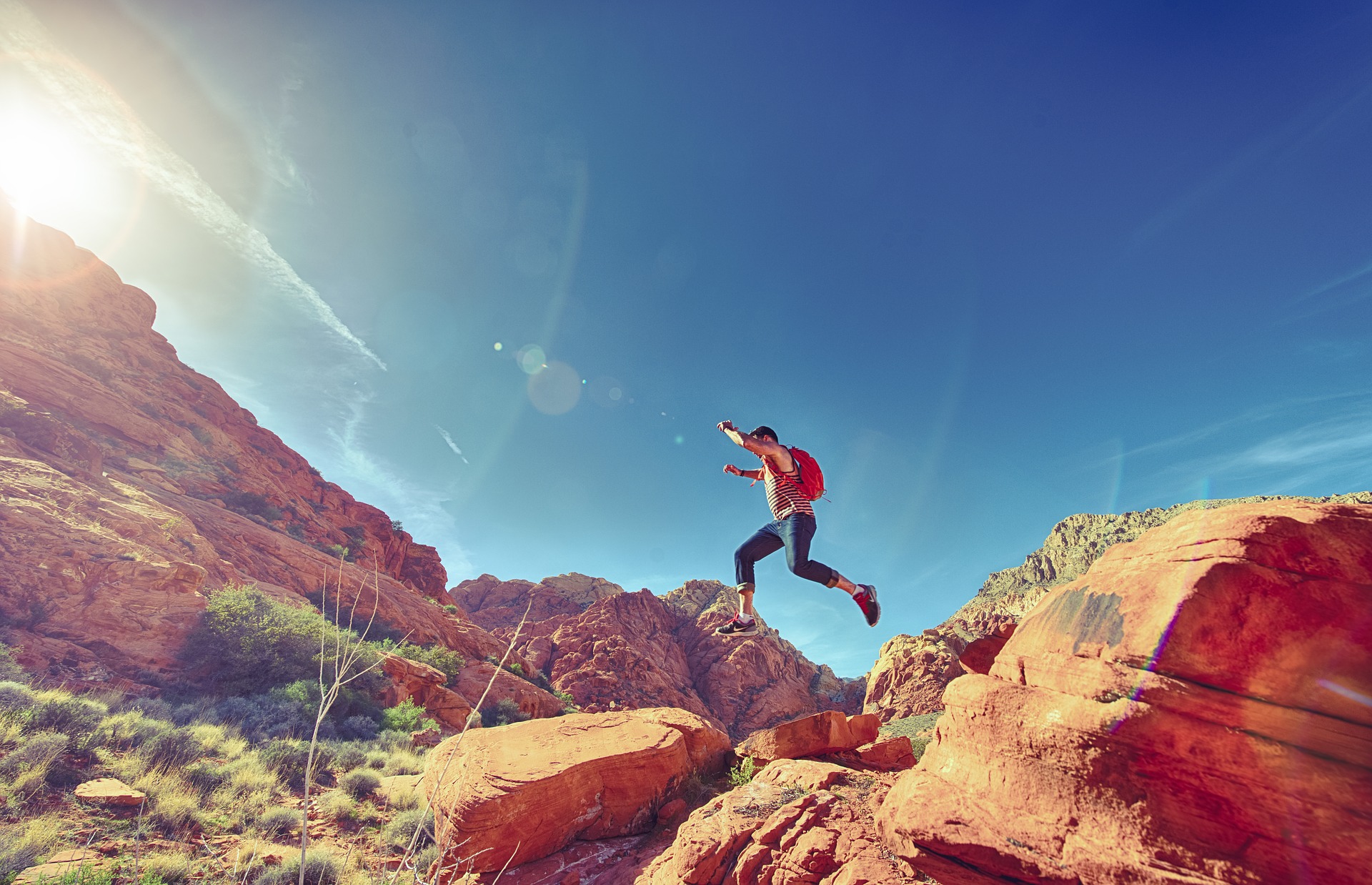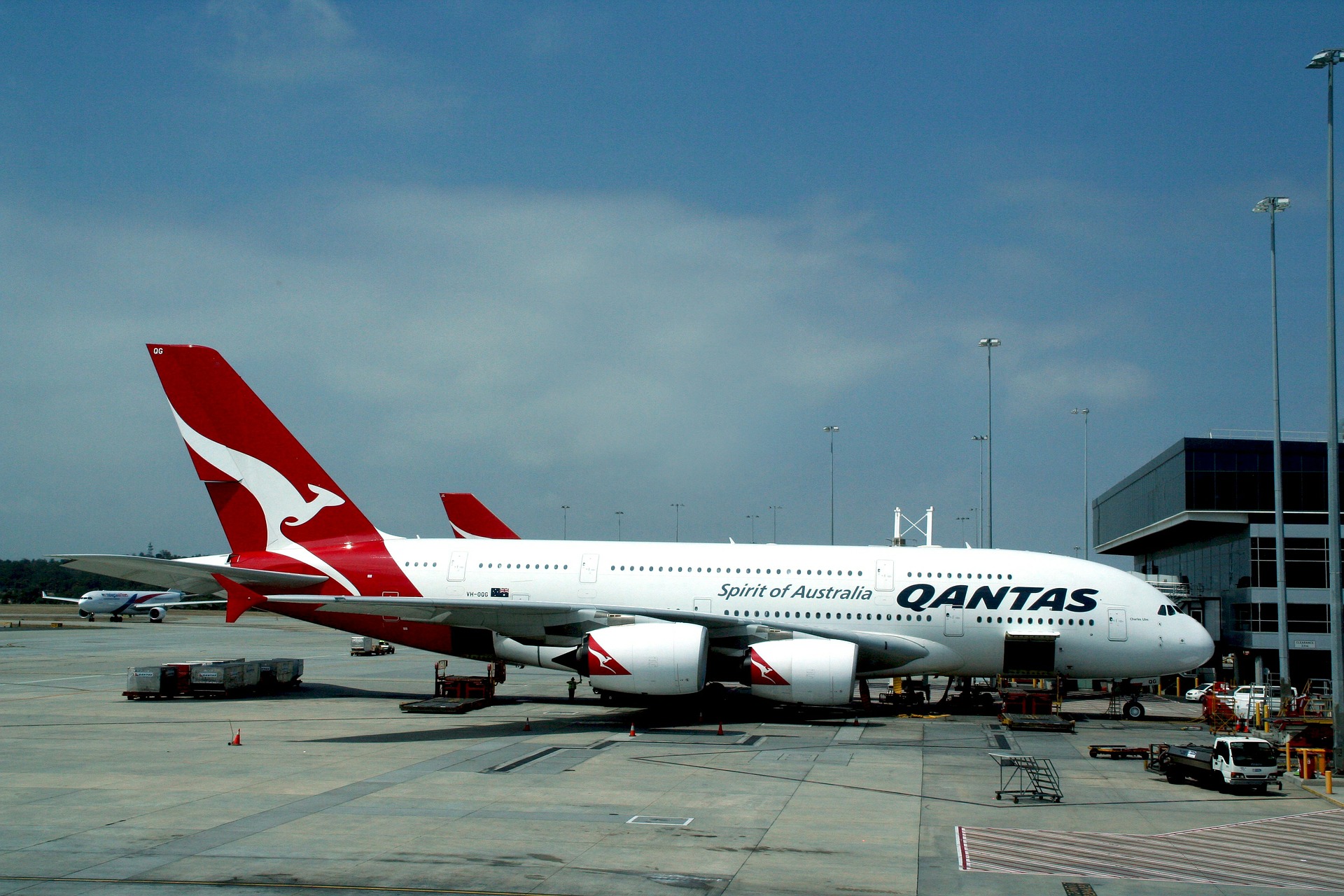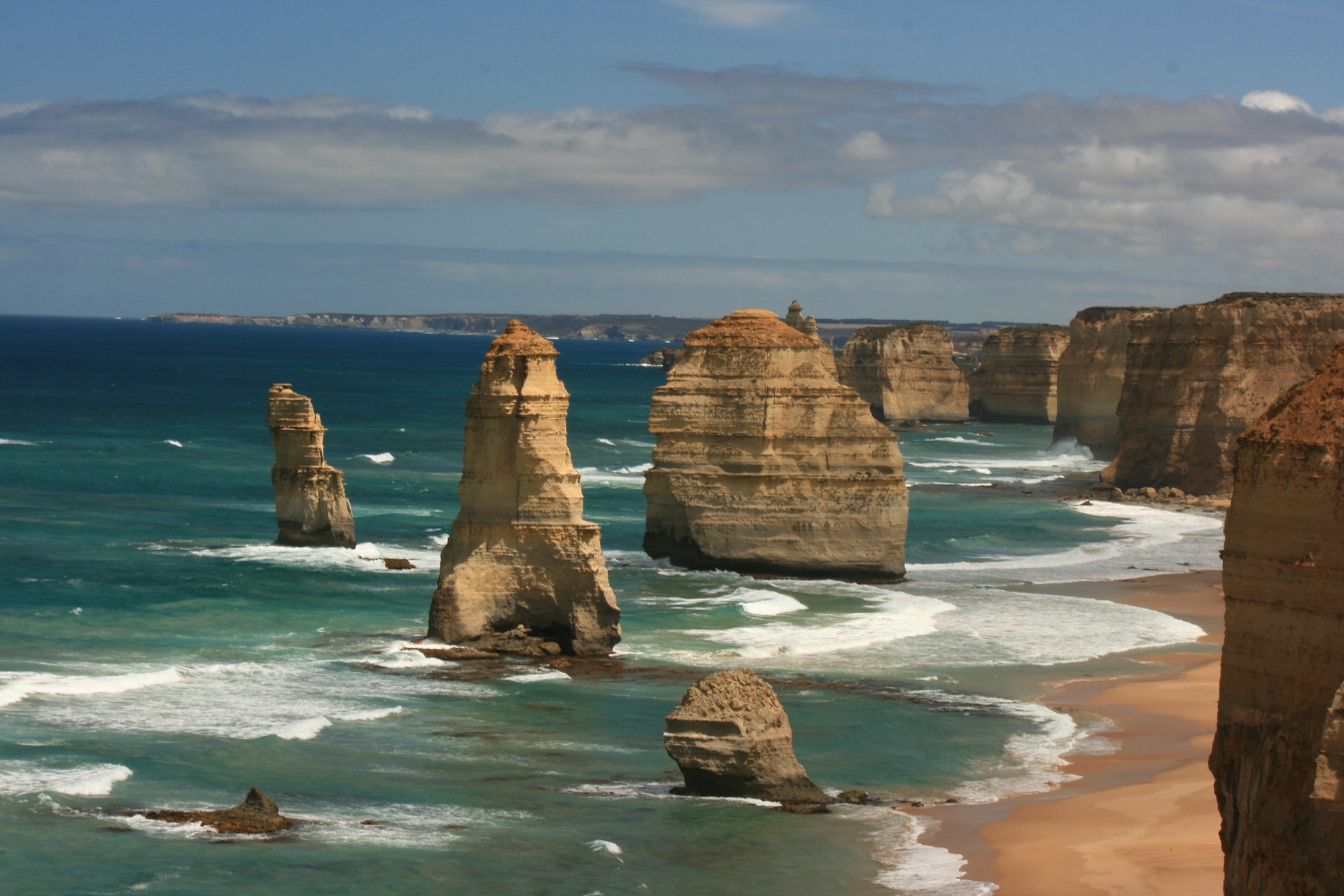 In her conversation with investigative journalist Ginger Gorman on our new podcast Seriously Social, Sara, who is a professor at the University of Queensland’s Business School with expertise in tourism, says people will fly again and people will cruise again because, despite the devastation caused by the pandemic, tourism is a resilient sector and humans have an optimism bias.
In her conversation with investigative journalist Ginger Gorman on our new podcast Seriously Social, Sara, who is a professor at the University of Queensland’s Business School with expertise in tourism, says people will fly again and people will cruise again because, despite the devastation caused by the pandemic, tourism is a resilient sector and humans have an optimism bias.
You can listen to the full episode at seriouslysocialpodcast.org.au or on your favourite podcast platform.
Is the tourism industry dead?
It’s interesting. We hear so many opinions now and most of them are very apocalyptic in its outlook. Really I think a lot of what’s going to happen is hinging upon whether we find a vaccine or not. If we do not find a vaccine, then the tourism industry is going to have to radically reinvent itself because suddenly safety is a serious concern. We can’t move freely, and movement obviously is the basis of our ability to go on holiday and go on vacation. If however, we do find a vaccine in the near future, then potentially we might return to our old normal faster than we expected.
Fast-forward to the end of the pandemic, we have a vaccine and borders are re-opened. What does travel look like?
I think the scenario where there is no change is very, very unlikely and we already see those changes. The main change I see will be procedures. In Hong Kong you might’ve seen that they already have a pod where a human walks in and gets full body sprayed and disinfected. They don’t use those for travellers at this point in time, but they may well.
We might find ourselves in a time where if we do choose to travel internationally, it may become very, very expensive because the carrying capacity of the plane is going to be lower. Because every airport is going to have multiple levels of protection to make sure people are safe. So will there be changes? Absolutely there will be changes in procedures. But will we stop travelling? I doubt it. Will the tourism industry stop operating? I doubt it.

Will this mean a global reset in the tourism industry?
My entire research programme currently is about how to make tourists behave more environmentally friendly, so I would love to see nothing more than a real reset and a real rethinking of the negative environmental consequences of tourism. People don’t realise because tourism is a romanticisied industry. If we talk about mining or steel production, the picture we get is not quite as romantic, but tourism in fact is the fifth most polluting industry on the planet.
What has the pandemic taught us about the unsustainability of the gig economy around tourism?
The important insight is actually that before COVID-19 hit we knew that the nature of much of that employment around tourism is very insecure. We were celebrating the gig economy. Say you rent out a spare room in your house on a peer to peer network – you can do that if you are 55 and nobody wants to employ you; you can do that when you are a mother or father with five kids roaming around. So there are benefits of this kind of employment. But at the same time it comes at the price of having very little job security. And that’s what we saw. And we would have never predicted the extent to which it can hurt people when a real disaster hits. So devastating is the word. That is the consequence of this pandemic on tourism and hospitality, employment.
Airbnb, the poster child of the gig economy, has seen bookings drop 96%. Will the gig economy and micro-entrepreneurs be able to bounce back?
I think the moment we can travel, again, the demand will be there. I’m more concerned about supply. The Mom & Pop houses will still be in business. They will still make their room available. But what about all those investors? They are suddenly thinking, “Well, hang on. There’s a lot more risk involved in this business than I knew.” So I don’t think that this whole sector has a demand problem. It’s going to have a supply problem because potentially fewer people are going to play this investor host game.

A grounded Qantas Airbus A380
How can we build resilience in the tourism industry?
In an ideal world we would train people to become outstanding service workers. Qantas cannot employ people right now, so they have to stand them down. At the same time, supermarkets are desperate for more people. Call centres and care facilities need people. Interestingly, some of the base skills these people have are very similar. They need to interact with humans. They need to be able to problem solve, they need to be able to deal with complaints. So maybe thinking of it as a tourism and hospitality workforce is conceptually wrong. Maybe we need to train people to be really, really well trained for the service industry more broadly so that when these kind of situations emerge, they have another option and quickly.
What’s the worst case scenario?
We could be back at the point where tourism becomes a massive luxury good. That’s not a very attractive prospect. Before COVID-19 we were talking about social tourism and how we would like to give everyone the opportunity to enjoy vacation. Suddenly we may end up at the point where it’s becoming unaffordable for a large fraction of the population as all these new procedural changes increase the price of the services provided.

Twelve Apostles, Victoria
Will domestic travel benefit from the pandemic, once restrictions lift?
Yes, the short-term future will be domestic travel. As soon as we’re allowed to travel between states again or between New Zealand and Australia, there will be immediately demand. Why? Because we have been locked up for two months now. We are desperate for a vacation. So yes, domestic travel, road trips, no planes. I’ll sit in my car because I’ve cleaned my car and I’m going to drive two hours down to the beach